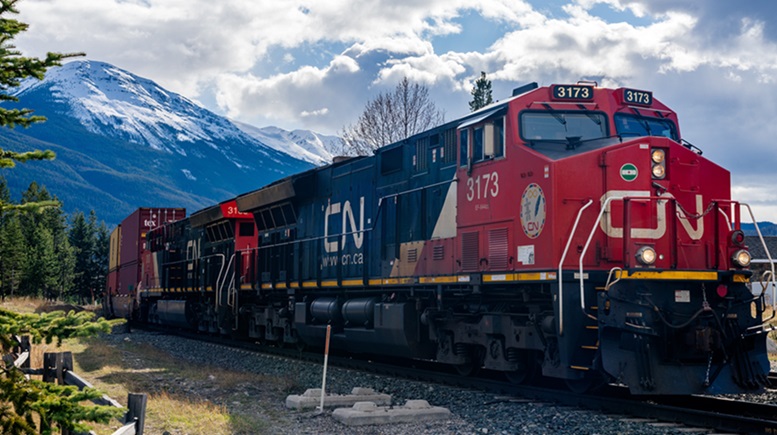The whistle’s blowing, but it’s not out of the woods yet. Come Monday morning, freight trains will be rolling across Canada once again, but the tracks ahead are anything but clear.
In a dramatic turn of events on Saturday, the Canada Industrial Relations Board (CIRB) dropped a bombshell: they’re forcing thousands of rail employees back to work. This isn’t a gentle nudge—it’s a full-on shove—ordering both Canadian National Railway (CN) and Canadian Pacific Kansas City (CPKC) to hit the brakes on their bitter standoff and get back to business. But don’t be fooled—this isn’t a happily-ever-after moment.
It all started with a dual work stoppage that hit like a one-two punch, paralyzing freight shipments and throwing commuter schedules into chaos. With no resolution in sight and the nation’s economy teetering, federal Labour Minister Steven MacKinnon had enough. On Thursday, he told the CIRB to step in and sort this mess out with binding arbitration. The result? A ruling that’s got everyone talking—and not necessarily in a good way.
The Teamsters, the union representing the 9,300 rail workers caught in the middle of this storm, isn’t taking the decision lying down. They’re gearing up for a fight in court, claiming this ruling sets a “dangerous precedent” that could spell trouble for workers across the country. According to Paul Boucher, the union’s president, this isn’t just about getting trains moving again—it’s about standing up against what they see as a government-backed attack on workers’ rights.
“This sends a message to corporate Canada that they can throw a wrench in the gears, grind the economy to a halt, and the government will come running to bail them out by breaking the union,” Boucher fired back in a searing statement.
Meanwhile, the railways are cautiously optimistic. CN is breathing a sigh of relief, saying they’re ready to leave the unpredictability of the past few months behind. CPKC is singing a similar tune, eager to put an end to what they call “unnecessary uncertainty and disruption.” But both companies know this is far from over—getting operations back to normal could take weeks.
And let’s not forget what’s at stake here. For months, critical supplies like meat, medicine, and hazardous materials were left in limbo, stuck on the tracks as negotiations dragged on. With binding arbitration set to kick off on August 29, the countdown is on once again—but this time, it’s a race to see if a lasting resolution can be found before the next crisis derails everything.
So, as the trains prepare to roll out Monday morning, the real question is: how long before the next whistle blows? The tracks may be clear for now, but the journey ahead is anything but smooth. Stay tuned—this ride isn’t over yet.
(Source: Washington Post | CBC | Associated Press)









